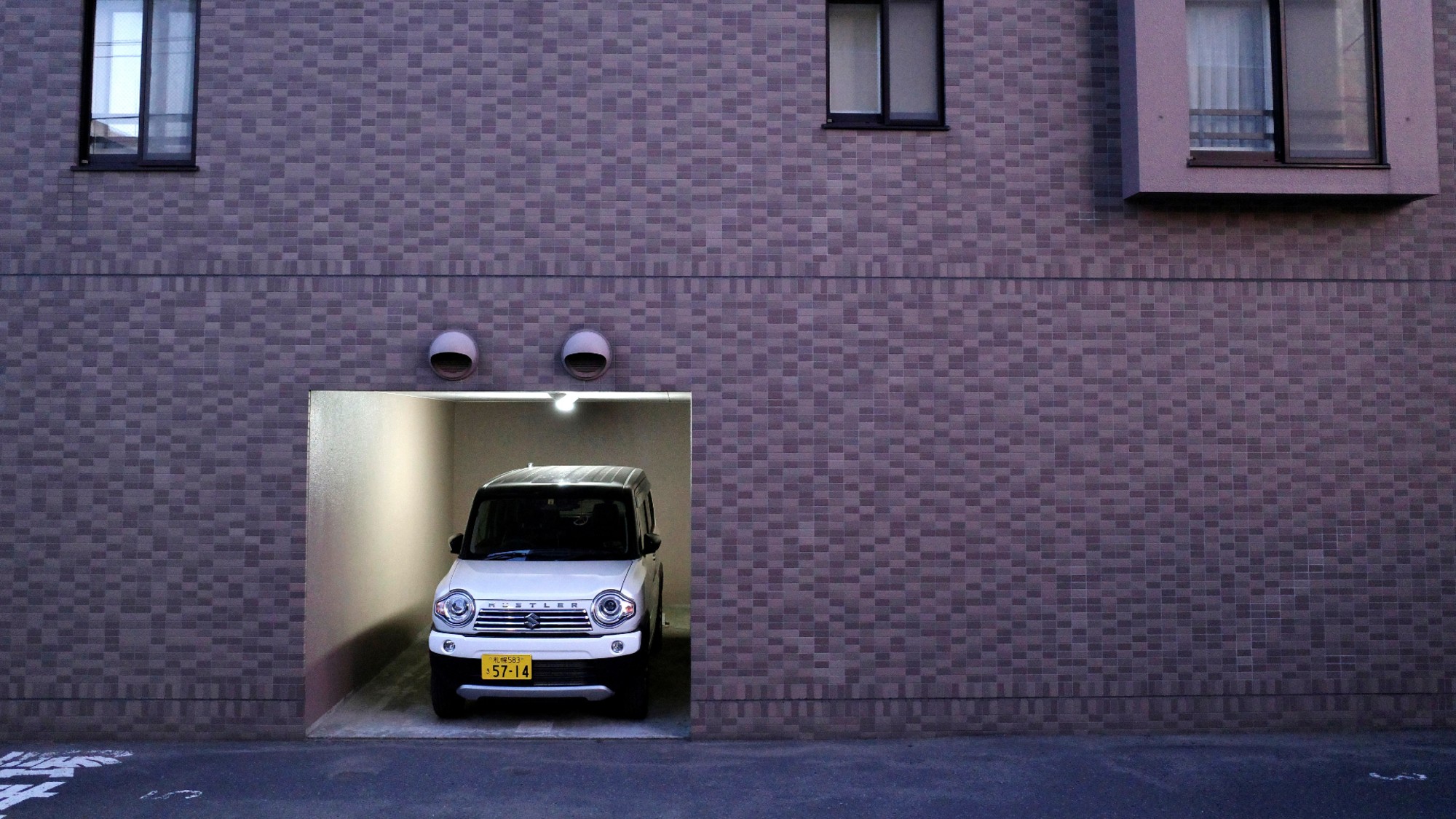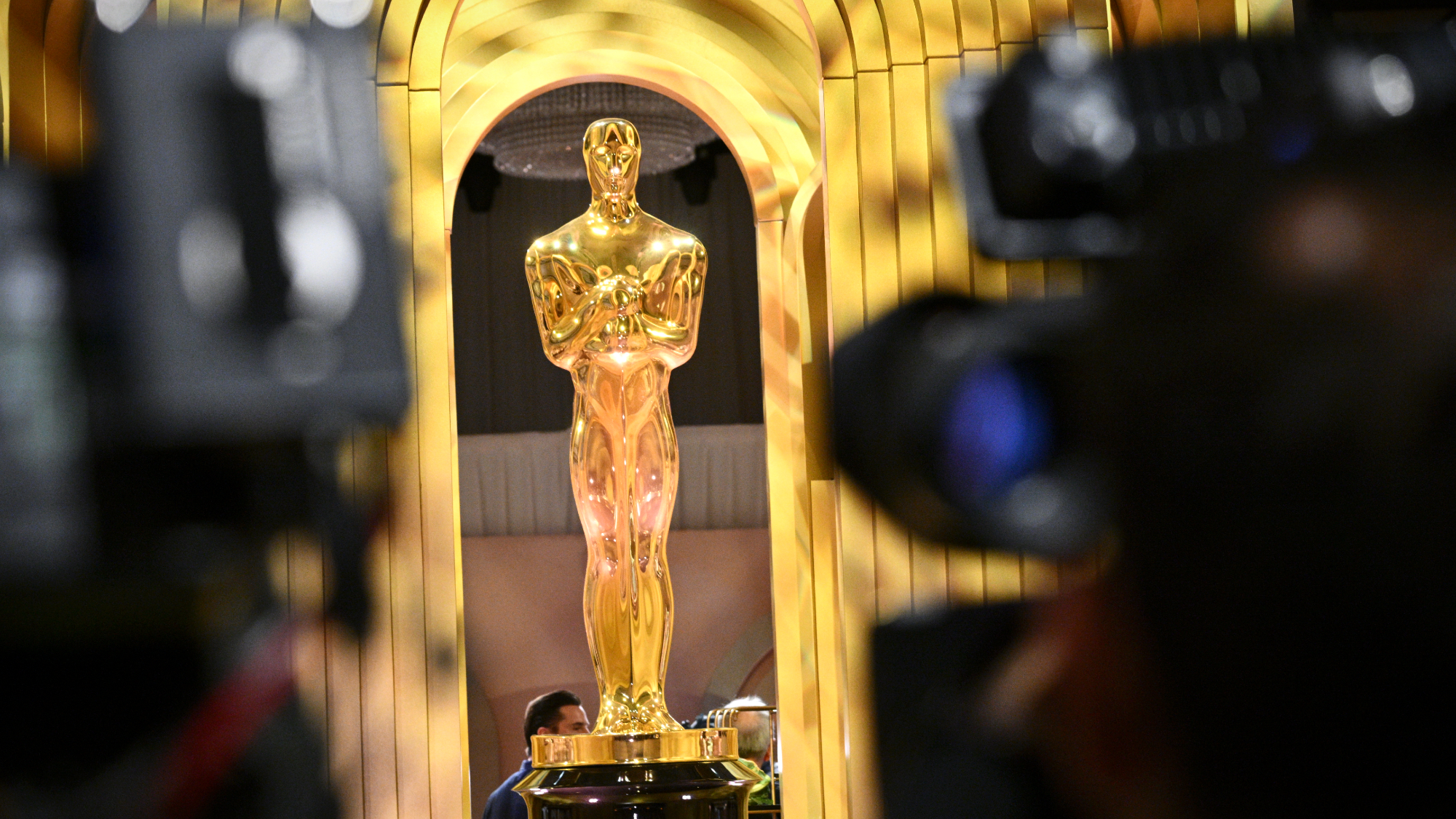How will the writers' deal shape the future of Hollywood screenwriting?
The post-strike entertainment industry could look very different for screenwriters


A free daily email with the biggest news stories of the day – and the best features from TheWeek.com
You are now subscribed
Your newsletter sign-up was successful
One of the longest walkouts in Hollywood history appears to be at its end, as the Writers Guild of America (WGA) has announced a tentative deal with the Alliance of Motion Picture and Television Producers (AMPTP) to end the 146-day writers' strike. If ratified, the deal would bring to a close one of the two labor disputes that have brought the entertainment industry to a standstill. The major actors' union, SAG-AFTRA, remains on strike against the studios, and no talks between the two sides are currently scheduled.
The guild's preliminary three-year contract "is exceptional — with meaningful gains and protections for writers in every sector of the membership," the WGA said in a statement. While the exact details of the agreement are unclear, sources told Deadline that the parties were "able to untangle their stalemate over AI and writing room staffing levels," as protections from artificial intelligence in the entertainment industry proved to be a major sticking point for the WGA.
The deal still has to be voted on by guild members, but assuming all goes through, what does it mean for Hollywood? Will this deal have an impact on future labor disputes in entertainment? And how will screenwriting as a profession change going forward?
The Week
Escape your echo chamber. Get the facts behind the news, plus analysis from multiple perspectives.

Sign up for The Week's Free Newsletters
From our morning news briefing to a weekly Good News Newsletter, get the best of The Week delivered directly to your inbox.
From our morning news briefing to a weekly Good News Newsletter, get the best of The Week delivered directly to your inbox.
What are commentators saying?
Hollywood "may be filled with petty, vindictive assholes who hold grudges against all enemies, real or perceived," Matt Belloni and Jonathan Handel wrote for Puck. But at the end of the day, the film and television business is "still a creative-driven business, and studio executives are evaluated in part on their talent relationships, real or perceived." The pair noted that most studios chose to suspend overall deals with most writers during the walkout, rather than cancel them outright, because "for the most part, they’d really like to be in business with top writers post-strike."
The rise of social media also allowed striking writers to snipe at studio executives "in a very public forum—often by name, often in nasty, personal attacks," the pair added, something that was not present during the previous writers' strike in 2007-2008. And when it comes to the writer's market itself, studios and streamers "will almost certainly be pulling back, post-strike," Belloni and Handel opined, but while deals for top writers will probably remain unaffected, "the divide between working writers/showrunners and the bottom of the guild is already vast, and post-strike it will likely get wider."
Does this deal also bode well for an end to the actors' strike? "SAG-AFTRA leaders and A-listers frequently joined writers on picket lines in a show of solidarity," the Los Angeles Times wrote. The tentative deal "could put pressure on the 160,000-member performers' union to resume bargaining with the studios."
But the truth is that the deal "won’t resolve the underlying challenges facing the entertainment industry that prompted the guilds to take this action, including wrenching change brought about by streaming" and the rise of AI, Brian Lowry wrote for CNN. However, this shouldn't diminish "what the writers and actors’ unity accomplished, joined in the belief that they had to make a stand and address fundamental issues."
A free daily email with the biggest news stories of the day – and the best features from TheWeek.com
What's next?
The first step is for writers on major television shows to return to work if the deal is ratified. This is most notable in regard to late-night talk shows, where "some late-night producers are already emailing staff members about coming back to work ASAP — perhaps as soon as Tuesday," Variety reported. The trade magazine noted that insiders "predict that the major network daily shows will coordinate an exact time to return at the same time," especially given that the major late-night hosts "have been in close contact during the strike, and will likely want to maintain that spirit of cooperation."
Scripted series "will undoubtedly be the last to return to screens," The Wrap reported. Though some shows, such as the highly anticipated second season of HBO's "The Last of Us," already have scripts and are set to begin pre-production imminently, they can't be filmed without actors, meaning much of Hollywood still hinges on a SAG-AFTRA deal.
"The bottom line is that we can’t go back into negotiations until they come to an agreement with the WGA," SAG-AFTRA's Los Angeles Vice President Michelle Hurd previously told TheWrap. "As long as there’s actual true good faith bargaining happening, then that path to us getting back is closer."
Justin Klawans has worked as a staff writer at The Week since 2022. He began his career covering local news before joining Newsweek as a breaking news reporter, where he wrote about politics, national and global affairs, business, crime, sports, film, television and other news. Justin has also freelanced for outlets including Collider and United Press International.
-
 The ‘ravenous’ demand for Cornish minerals
The ‘ravenous’ demand for Cornish mineralsUnder the Radar Growing need for critical minerals to power tech has intensified ‘appetite’ for lithium, which could be a ‘huge boon’ for local economy
-
 Why are election experts taking Trump’s midterm threats seriously?
Why are election experts taking Trump’s midterm threats seriously?IN THE SPOTLIGHT As the president muses about polling place deployments and a centralized electoral system aimed at one-party control, lawmakers are taking this administration at its word
-
 ‘Restaurateurs have become millionaires’
‘Restaurateurs have become millionaires’Instant Opinion Opinion, comment and editorials of the day
-
 Microdramas are booming
Microdramas are boomingUnder the radar Scroll to watch a whole movie
-
 The biggest box office flops of the 21st century
The biggest box office flops of the 21st centuryin depth Unnecessary remakes and turgid, expensive CGI-fests highlight this list of these most notorious box-office losers
-
 The 8 best superhero movies of all time
The 8 best superhero movies of all timethe week recommends A genre that now dominates studio filmmaking once struggled to get anyone to take it seriously
-
 Josh D’Amaro: the theme park guru taking over Disney
Josh D’Amaro: the theme park guru taking over DisneyIn the Spotlight D’Amaro has worked for the Mouse House for 27 years
-
 Golden Globes affirm ‘One Battle,’ boost ‘Hamnet’
Golden Globes affirm ‘One Battle,’ boost ‘Hamnet’Speed Read Comedian Nikki Glaser hosted the ceremony
-
 The most anticipated movies of 2026
The most anticipated movies of 2026The Week Recommends If the trailers are anything to go by, film buffs are in for a treat
-
 Could smaller cars bring down vehicle prices?
Could smaller cars bring down vehicle prices?Today’s Big Question Trump seems to think so, but experts aren’t so sure
-
 Oscars jump to YouTube after decades at ABC
Oscars jump to YouTube after decades at ABCSpeed Read The awards show will be broadcast worldwide on YouTube starting in 2029
